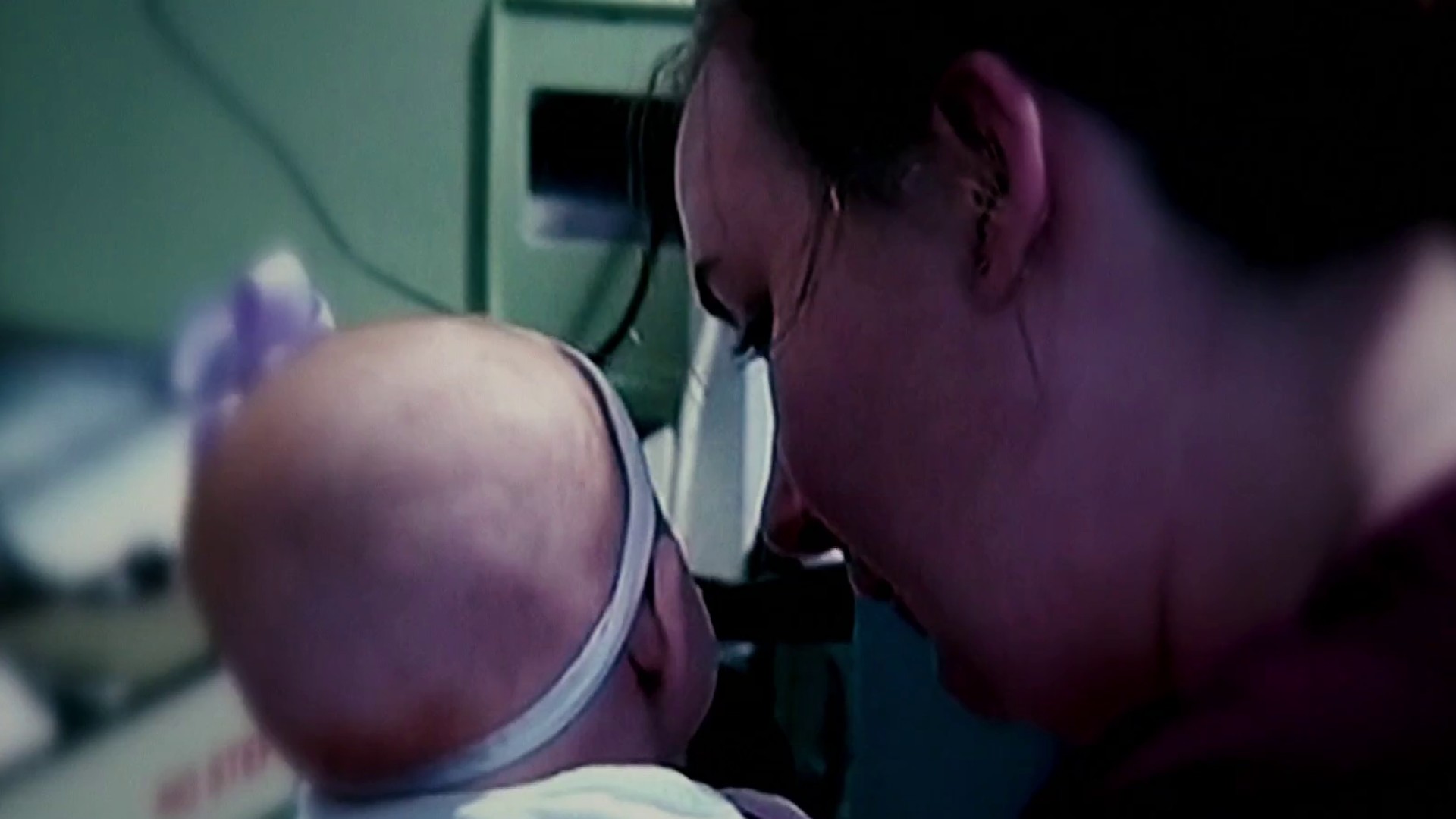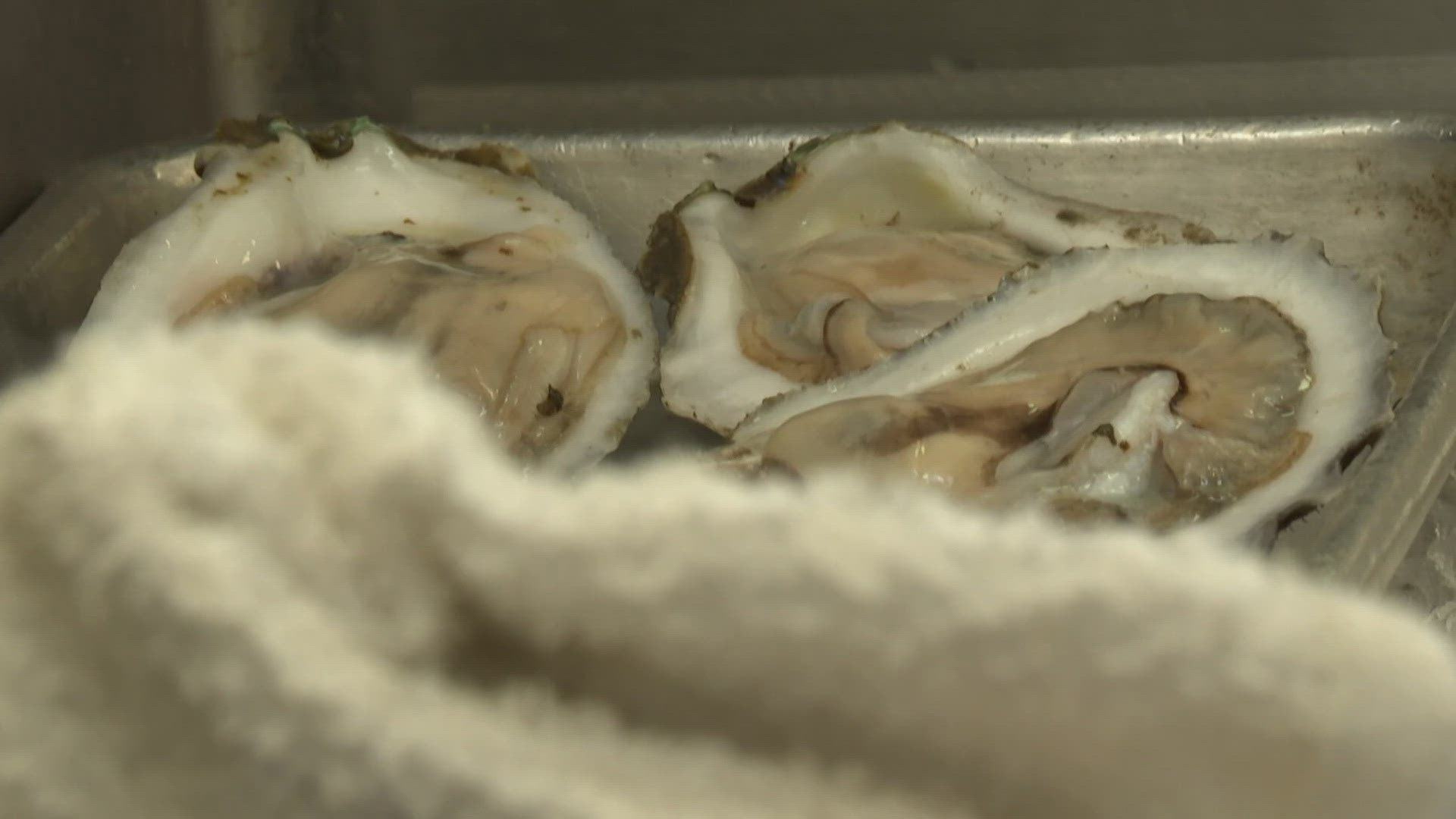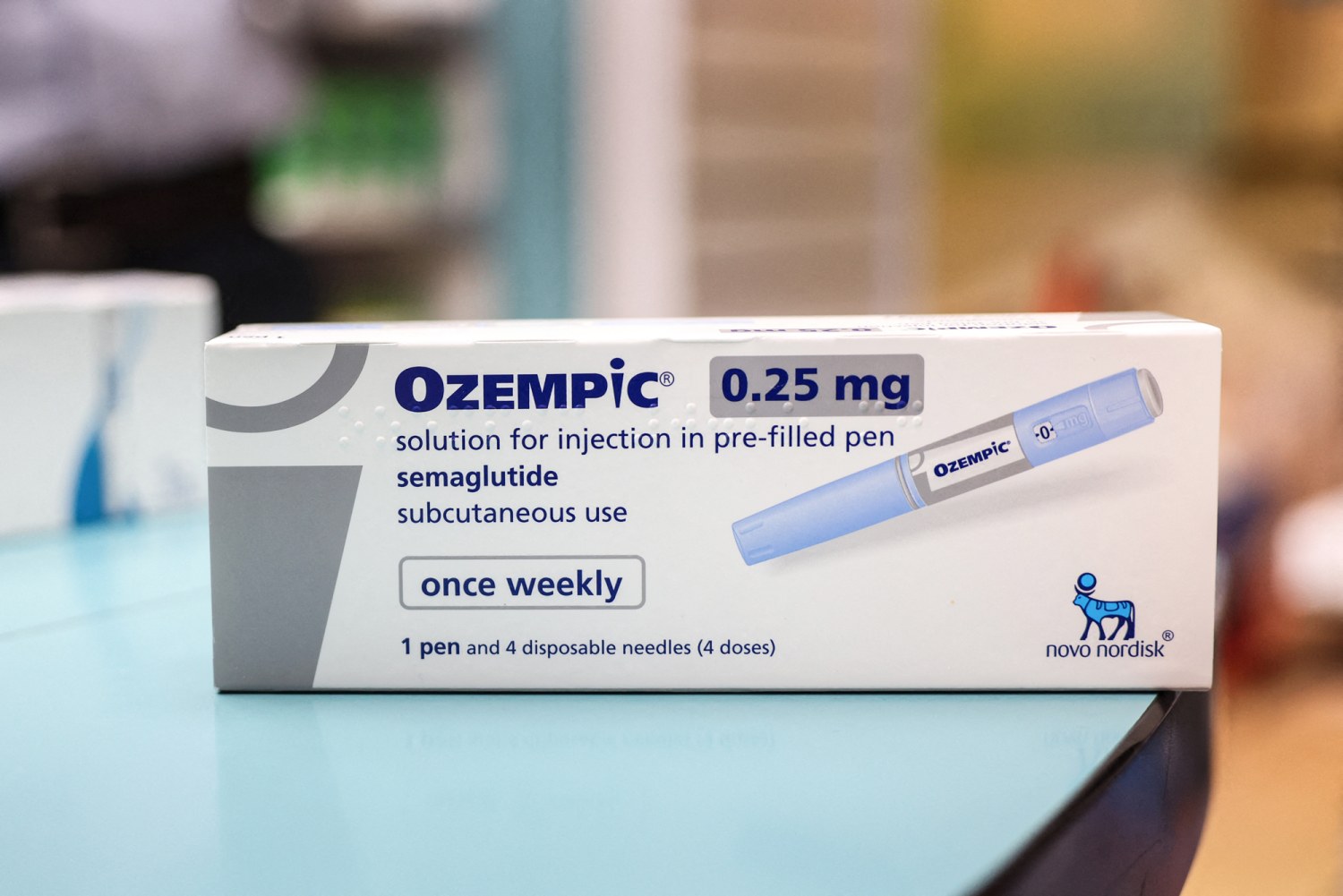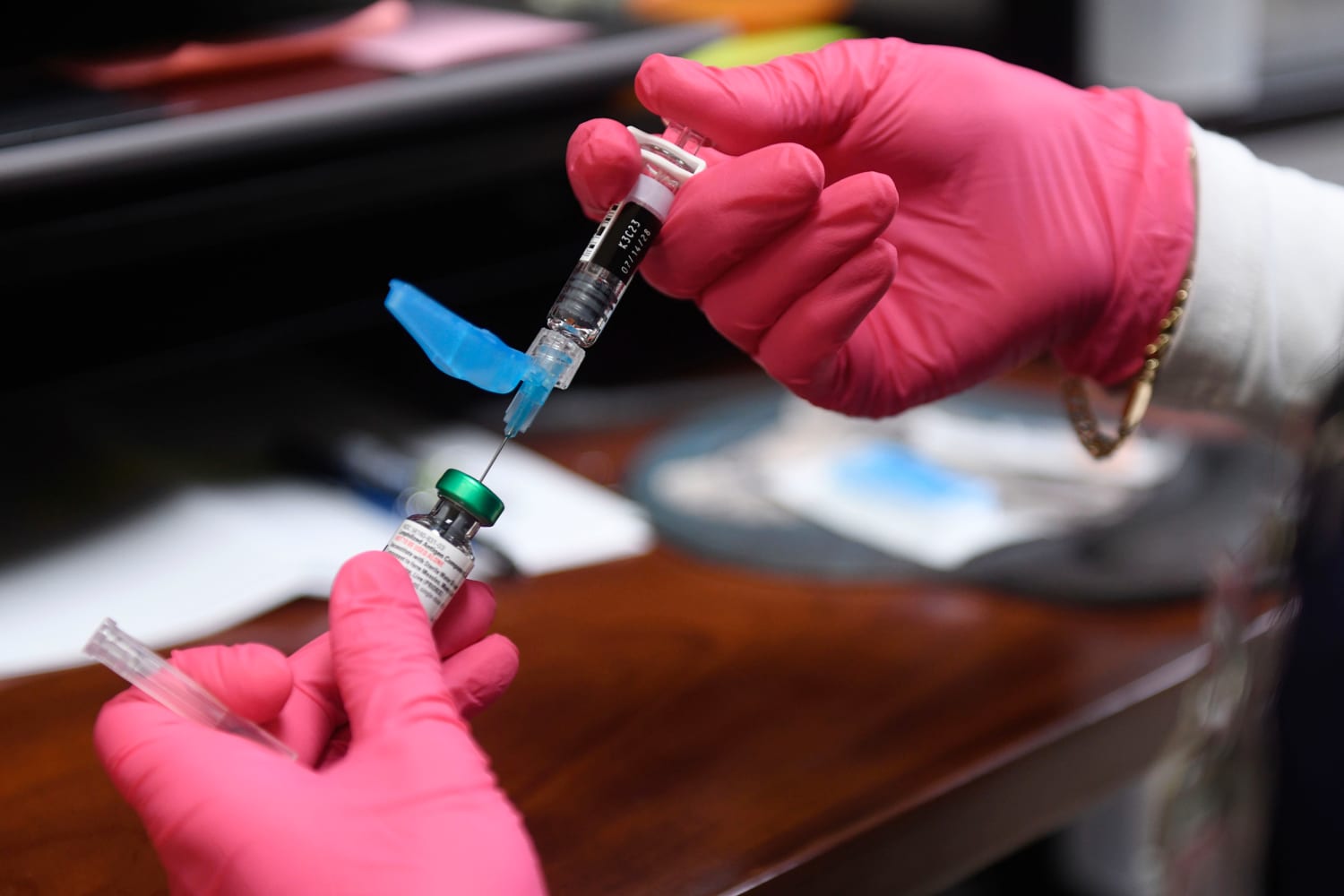A recent investigation has revealed promising initial outcomes for an innovative pancreatic cancer vaccine, developed to benefit a broad patient base instead of being personalized for each individual. This trial vaccine, identified as an mRNA treatment, is pioneering in showing potential during early trials for this challenging cancer to treat. The “off-the-shelf” method could transform treatment by providing advanced therapy that is more reachable and adaptable. The vaccine’s purpose is to activate the patient’s immune system to detect and combat cancerous cells, a method that has proven effective in treating other cancers but has been challenging for pancreatic cancer.
Pancreatic cancer is one of the most aggressive and deadly forms of cancer, with a very low survival rate. A key reason for this is that it is often diagnosed late and is highly resistant to traditional treatments like chemotherapy and radiation. The tumor’s microenvironment is particularly adept at suppressing the immune system, making it difficult for the body to fight the cancer on its own. This new vaccine is designed to overcome this challenge by training the immune system’s T-cells to identify specific proteins on the surface of pancreatic cancer cells. By creating a unified “wanted” poster for these cells, the vaccine could provide a much-needed new tool in the fight against this disease.
The trial, though small, yielded significant data. Researchers found that the vaccine was not only safe and well-tolerated by the participants but also triggered a robust immune response. The patients who received the vaccine showed an increase in T-cells specifically targeting the cancer’s protein markers. These T-cells are the “soldiers” of the immune system, and their activation is a critical step in a successful cancer therapy. The trial’s findings suggest that the vaccine is capable of mobilizing the body’s natural defenses in a way that was previously thought to be impossible for pancreatic cancer. The hope is that this immune activation will translate into prolonged survival for patients.
The universal nature of the vaccine is a major breakthrough. Unlike personalized cancer vaccines, which require a lengthy and expensive process of sequencing a patient’s tumor and creating a custom treatment, this one is designed to work for a broad population. This “one-size-fits-all” approach would drastically reduce the time and cost associated with treatment, making it a more viable option for many more people. It also simplifies the manufacturing and distribution process, allowing for faster deployment if the vaccine proves effective in larger trials. This could be a game-changer for a disease where every moment counts.
The technology behind the vaccine is based on messenger RNA (mRNA), the same technology used in some COVID-19 vaccines. The mRNA molecule acts as a set of instructions, teaching the body’s cells how to make a protein that is found on the surface of the cancer cells. The immune system then learns to recognize this protein as foreign and mounts an attack against any cells that display it. This method is highly precise and has the potential to be very effective at targeting cancer cells while leaving healthy cells unharmed. The success of mRNA technology in the recent pandemic has accelerated its development for other applications, including cancer therapy.
Though initial outcomes appear encouraging, it’s crucial to uphold a level of restrained optimism. This was a phase 1 study, mainly focused on assessing the safety of the vaccine. The participant group was limited in size, and the enduring efficacy of the treatment remains to be seen. To validate these results and determine if the immune response leads to a notable improvement in survival rates, larger, randomized controlled studies will be essential. The journey from a promising preliminary trial to a broadly accessible treatment is lengthy and laden with numerous challenges. Nevertheless, for an illness with limited effective therapies, any indication of advancement brings a reason for hope.
The destiny of this vaccine currently depends on the continuation of clinical trials. The upcoming phase will include a bigger group of participants and will focus on assessing the vaccine’s effectiveness more precisely. Scientists will aim to observe a reduction in tumor size and an extension in patient survival duration. Additionally, they will examine the vaccine when used alongside other therapies, such as chemotherapy or immunotherapy, to determine if a combined method can produce superior outcomes. This multifaceted strategy is frequently the most successful approach to battling intricate illnesses like cancer. The possibility of using this vaccine within a broader treatment plan is an important subject of investigation.
The initial testing of this universal pancreatic cancer vaccine marks a significant advancement in combating a destructive illness. Employing mRNA technology to develop a ready-to-use treatment capable of stimulating the immune system is a revolutionary innovation. Although the findings are in the early stages, they offer essential hope to both patients and scientists. The path forward is extensive, yet this early achievement establishes a vital base for upcoming research and holds the promise to substantially transform how we handle pancreatic cancer therapy. Both researchers and the general public are keenly anticipating the outcomes of the subsequent stages of this crucial trial.






